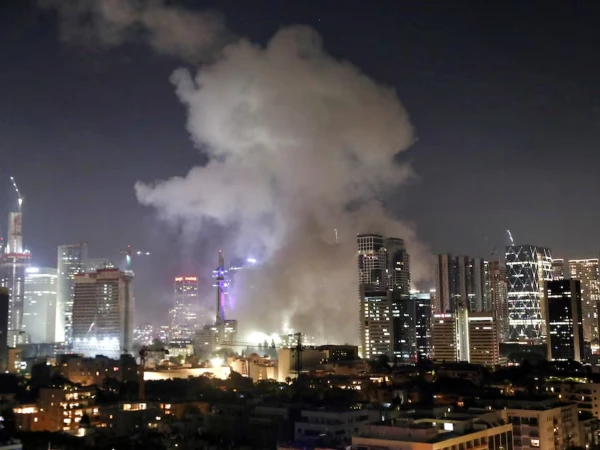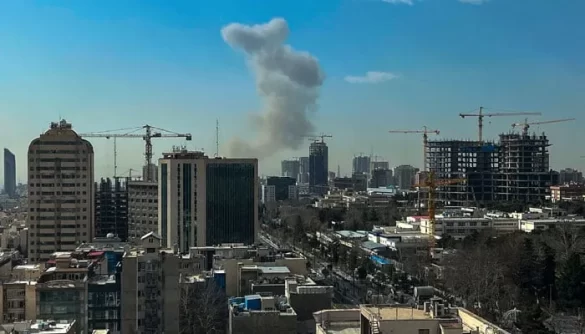Tensions in the Middle East have reached a dangerous new level following the latest Iran missile attack on Israel, which took place in the early hours of Saturday.
According to Israeli media, this marks the fifth and most intense strike so far, with more than 300 missiles launched by Iran targeting multiple locations across central Israel, including Tel Aviv and Jerusalem.
Explosions were reportedly heard in several parts of Tel Aviv, and one of the missiles is said to have struck a building associated with the Israeli Ministry of Defense. Fire erupted in various sites, and initial reports confirm that at least 63 people have been injured while numerous buildings have sustained severe damage.
The Israeli military claimed that several incoming missiles were intercepted mid-air, but many managed to reach their targets, prompting immediate evacuation orders in affected areas. Central Tel Aviv experienced significant destruction, with a 32-story building catching fire and multiple sites in Gush Dan and surrounding areas being hit.
Iran’s Islamic Revolutionary Guard Corps (IRGC) stated that the offensive is part of “Operation True Promise III” — a direct retaliation to what Tehran describes as Israel’s ongoing aggression in the region. Previous waves of attacks included more than 200 ballistic missiles launched in coordinated phases.
Military analysts warn that this Iran missile attack on Israel could potentially escalate into a broader regional conflict, involving neighboring powers and reshaping alliances across the Middle East. With both sides exchanging increasingly aggressive rhetoric, the global community watches anxiously as the situation unfolds.
Also Read: Iran Strikes Back: Over 100 Israeli Drones Shot Down in Retaliation















